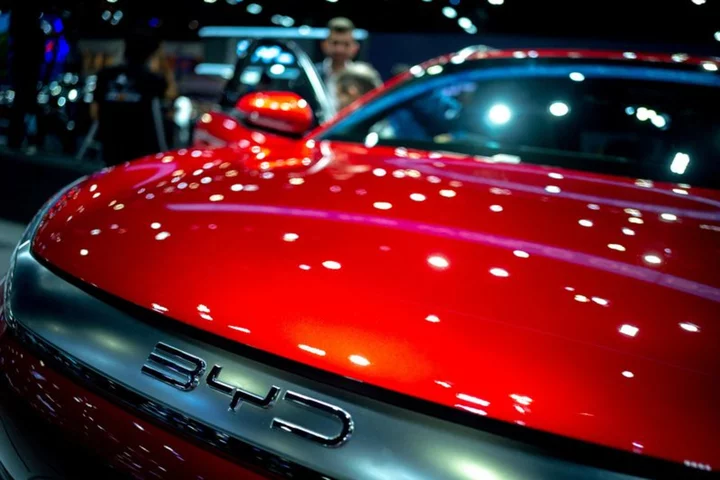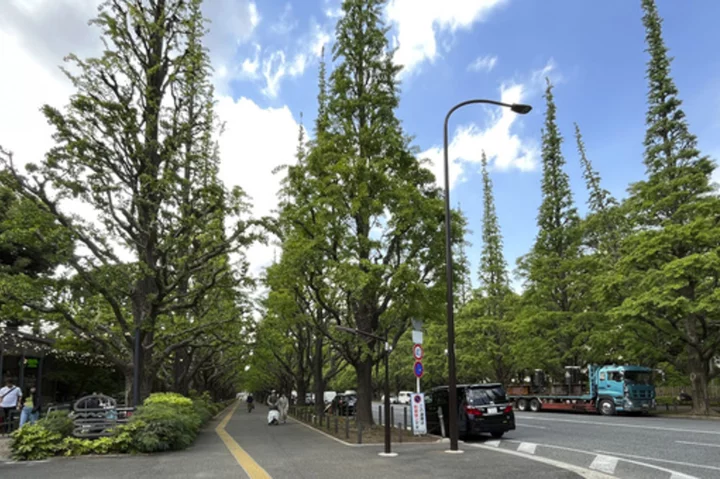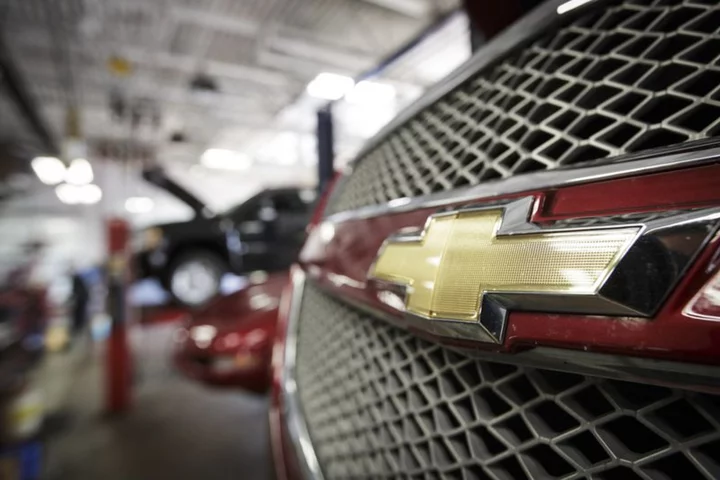By Devjyot Ghoshal and Pasit Kongkunakornkul
BANGKOK Thailand's Siam Motors partnered with Nissan Motors in 1962 with a factory that rolled out four cars a day, leading to a profitable, decades-long relationship with Japanese companies that transformed it from a car dealer to an automotive pioneer.
But the Thai family-owned group that has grown annual revenues to $7 billion on the back of that success is now looking at opportunities elsewhere.
Siam Motors is in talks with several Chinese automakers about potential partnerships, particularly for high-end electric vehicles, vice president Sebastien Dupuy said in an interview, referring to previously unreported discussions.
"EVs will be a nice pocket of growth," he said. "There is a market growing for that, and we want to capture the growth."
Siam Motors' position reflects a rapid shift underway in Thailand, where Chinese investments worth $1.44 billion since 2020 - including by BYD and Great Wall Motor - have opened a new front in a market Japanese automakers historically dominated.
Close on the heels of a sales crisis in China, Japanese automakers now face a battle for another key Asian market because of what has been a go-slow approach to EVs, according to registration data, industry officials and analysts. The Chinese wave is already beginning to reshape Thailand's auto industry, as EV makers from China bring in their suppliers and local Thai firms - including those with longstanding links to Japanese companies, like Siam Motors - seek new partnerships.
Thailand is Southeast Asia's largest car producer and exporter, and its second-largest sales market after Indonesia. Japanese automakers are so dominant that for decades they have treated it almost as an extension of their home market. But China surpassed Japan as Thailand's top foreign investor last year, boosted by BYD's investment in a new plant set to start up in 2024, amid concerted efforts by Thai officials to draw Chinese EV producers.
Thailand's transition offers a test case for other economies as Chinese automakers ramp up exports and build overseas production hubs, partly in response to a hypercompetitive home market for electric cars.
In Europe, for example, where policies to support local EV production are still taking shape, Chinese automakers are also making a major push in a market where EVs now account for almost a fifth of overall sales.
CHINA VS. JAPAN
Bangkok resident Pasit Chantharojwong drove a Toyota Corolla for a decade and a half before switching to Great Wall's Ora Good Cat this year. "I'll never go back to a combustion-engine car again," said the 55-year-old teacher, who also drives part-time for a ride-hailing service.
Of the nearly 850,000 new cars registered in Thailand last year, only around 1% were EVs, according to government data. But between January and April this year, that proportion rose to more than 6%.
BYD is now the market leader, followed by China's SAIC and Hozon and U.S. automaker Tesla, according to registration data showing 18,481 EVs sold between January and April.
More than 7,300 of those were BYD cars. Only 11 newly registered EVs this year came from Toyota, Thailand's dominant brand that along with its partner Isuzu and Honda accounted for almost 70% of overall car and truck sales last year in Thailand.
Hajime Yamamoto, a principal at Nomura Research Institute's consulting division in Thailand, said Chinese brands could take at least 15 percentage points of share from Japan over the next decade by delivering affordable EVs.
"The Japanese are only able to target some of the premium segments," Yamamoto said.
Toyota, which alongside its group companies has invested nearly $7 billion in Thailand over the last decade and employs some 275,000 people, told Reuters in a statement that it is considering EV production in the country - its first official confirmation.
Toyota said it has taken 3,356 bookings so far for the electric bZ4X, which it began selling in Thailand last year.
It has also signalled an electric pickup truck is coming, but Goldman Sachs said in a note last month that "there is a growing need for them to consider other product segment expansion."
GOVERNMENT PUSH
By 2030, Thailand aims to convert around 30% of its annual production of 2.5 million vehicles into EVs with ambitions to become the main regional production hub, for which it is aggressively pursuing investment.
Thailand's pitch to Chinese EV makers has been its existing supply base – built largely for Japanese automakers – and readiness to provide incentives.
These include lower tariffs on imports on the condition of subsequent local assembly and some tax breaks for EV manufacturing.
"We realise that if we would like to be the EV hub of the region, we cannot only build the car assembly industry," said Thailand's Board of Investment Secretary General Narit Therdsteerasukdi, who has travelled multiple times to China in recent months.
"We need to strengthen the whole ecosystem of EVs."
The BOI has approved 14 projects by 13 companies, representing an annual production capacity of 276,640 EVs as of May 31.
Great Wall selected Thailand as a regional hub for EVs because of the country's strong infrastructure, supplier and talent base, alongside its growth potential, said Narong Sritalayon, managing director of its Thailand arm.
"You want to penetrate into a market that has purchasing power and will be able to support your growth plans in the future, especially in a new business like electric vehicles," he said.
($1 = 35.2000 baht)
(Additional reporting by Chayut Setboonsarng in Bangkok and Daniel Leussink in Tokyo; Editing by Kevin Krolicki and Jamie Freed)









